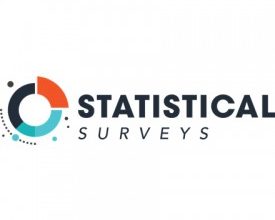CFPB Director to Limit Powers Made by Predecessor
The temporary head of the Consumer Financial Protection Bureau has announced a new plan for the agency that seems to confirm the fears of consumer advocates.
This story by Maria Lamagna originally appeared on MarketWatch.
Mick Mulvaney, who is also the director of the Office of Management and Budget, and other Republicans have frequently said the CFPB is too powerful.
The CFPB was created by the Dodd-Frank Act in 2010. It will continue to adhere to its mission as laid out by Dodd-Frank, Mulvaney said.
But consumer advocates have worried since Mulvaney was appointed by President Donald Trump to take over the bureau that as director, he would favor companies over consumers. During its near seven-year history, the CFPB has taken on everything from the prepaid card industry to the mortgage servicing industry.
Consumer advocates are also concerned that the CFPB will get rid of the database of complaints related to current investigations, which allows the public to air complaints publicly. It also provided a direct way for the public to engage with the CFPB’s activities.
The database contains hundreds of thousands of complaints filed by consumers about issues ranging from predatory debt collectors to errors on credit reports. Republicans have argued that the database shouldn’t be public, while consumer advocates say the public list of complaints is an important tool for consumers.
Mulvaney announced in January the CFPB may reconsider a rule Richard Cordray, the previous head of the CFPB, implemented for payday lenders that was designed to protect consumers and limit the amount lenders are allowed to loan them, if they do not meet certain borrowing criteria.
In the few months since his November 2017 appointment, Mulvaney has already reversed some key actions taken by his predecessor.
The CFPB has had some major wins against the financial services industry in recent years, but a majority of Americans appear to be unaware. More than 80 percent of people said they did not know enough about the CFPB to form an opinion of it, in a 2017 survey by the credit-card website CreditCards.com.


